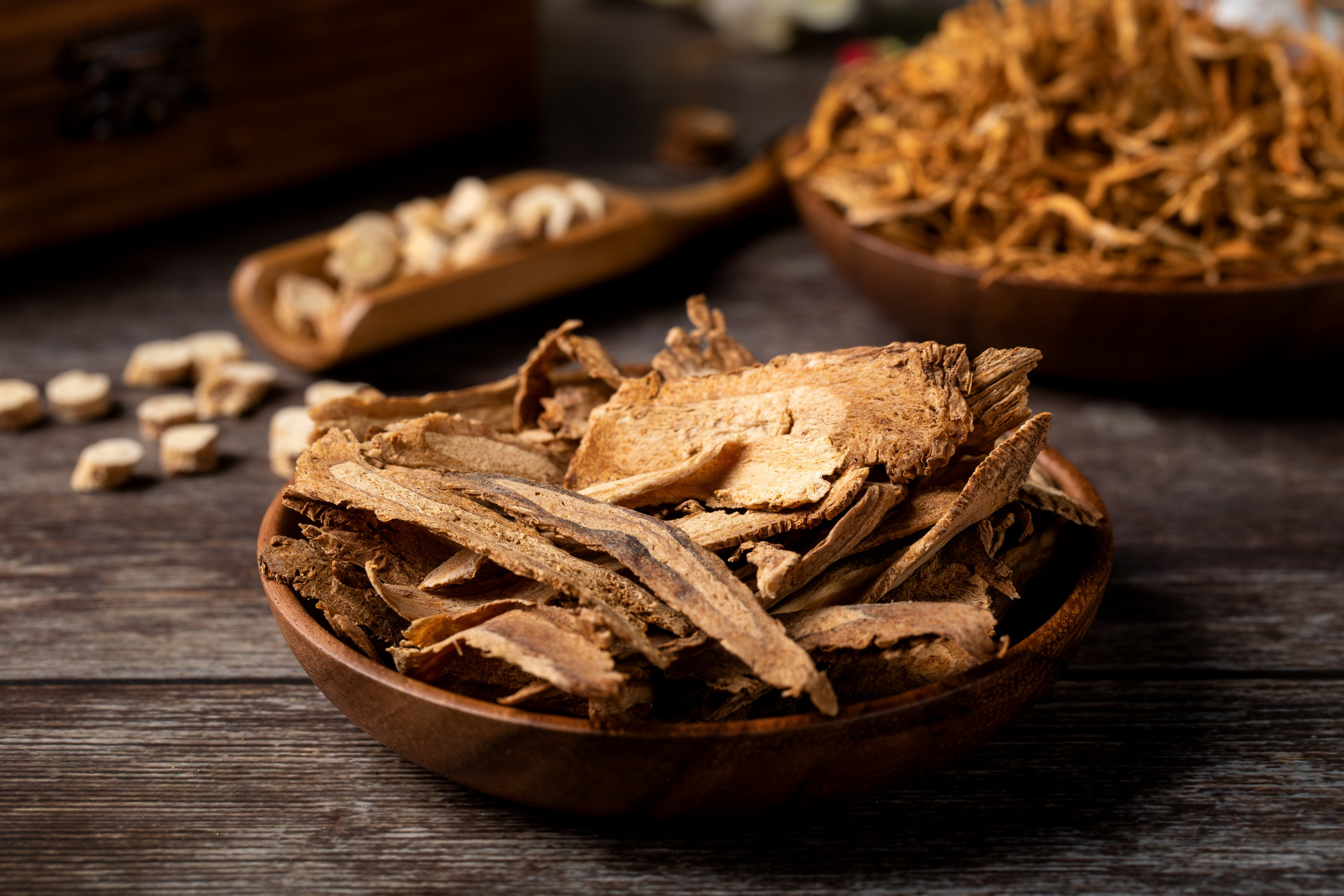Ginger is a highly valued ingredient with medicinal properties. In China, there has always been a saying "eat radishes in winter and ginger in summer". Ginger not only has the function of warming the meridians and dispelling cold, but also can treat various physical discomforts. However, incorrect methods of consuming ginger can also affect its health benefits. Let's take a look at some misconceptions about eating ginger.
Misconception 1: Cola ginger juice is better
Some people advocate using cola ginger juice instead of brown sugar ginger juice to treat colds, but this method is not advisable.
Brown sugar is warm and hot, while cola does not have the function of dispelling cold. Also, ginger flesh is hot, while ginger skin is cool. Boiling ginger with both skin and flesh together will weaken the effect of dispelling cold and fever.
Therefore, when using ginger juice to treat colds, it is necessary to first remove the ginger skin and then add a little brown sugar. This can effectively treat wind-cold colds.
Misconception 2: Ginger should not be eaten at night
Furthermore, the saying "eating ginger at night is like taking arsenic" is not true. Eating ginger at night will not poison you, but it can make you excited and make it difficult for you to fall asleep.
Ginger can be divided into old ginger and young ginger. Young ginger is white in color with smooth skin, while old ginger is earthy yellow with rough skin. Generally, for treating wind-cold colds, young ginger is recommended. For treating stomach pain and stomach coldness, old ginger is recommended.
Do not eat too much ginger at once, in order to avoid absorbing a large amount of "gingerol", which can stimulate the kidneys and cause symptoms of heat such as dry mouth, sore throat, and constipation.
Misconception 3: Drinking ginger soup can quickly cure a cold
When it comes to ginger soup, many people immediately think of its ability to treat colds. Indeed, when drinking ginger soup for a common cold, it can dilate the body's blood vessels, promote blood circulation, and help sweat, allowing the body's toxins to be expelled. This can achieve the effect of reducing fever and treating colds.
However, not all colds can be effectively treated by drinking ginger soup, especially in summer. Due to the hot weather, many people will suffer from wind-heat type colds, characterized by sore throat, fever, and headache, which are very uncomfortable and similar to being enveloped in hot air.
Ginger is warm in nature, so drinking ginger soup at this time is like adding fuel to the fire. It not only has no effect on treating wind-heat type colds, but can also worsen the symptoms. Therefore, it is incorrect to say that drinking ginger soup is effective for all types of colds.












